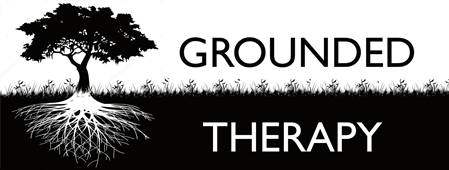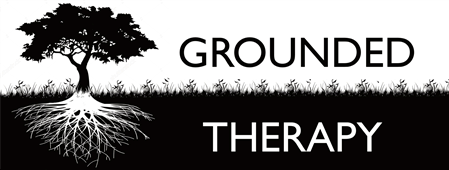Relief from symptoms of trauma
Trauma is a general term applied to distressing experiences that are so overwhelming the brain and nervous system struggle to integrate the experience and function normally afterwards.
Trauma is a disconnect from your self.
Six Hallmarks of Trauma
- Trauma is not what happens to you; trauma is what happens inside you as a result of what happens to you
- Trauma results in a disconnection from yourself, your value, your feelings, your body , other people and the world
- Trauma shapes your view of the world causing a constriction
- You override your gut feelings, which help you survive, due to trauma
- Trauma makes it difficult to be in the present moment
- Trauma changes your nervous system
Everyone responds differently to trauma. You may not see an event or time in your life as traumatic, but you may relate with one or more of the following:
- Times of sadness or despair
- Nightmares and sleeping difficulties
- Fear, anxiety, panic attacks, stress, hearing voices
- Feeling trapped or paralysed especially if confronted
- Angry out of control outbursts or don’t get angry at all
- Mental Health issues
- Use of drugs/alcohol/self harm/risk taking/sex/relationships/work/food/money to cope
- A high achiever and successful but still feel something missing
- Difficulties with intimacy and relationships
- Sensing there is something wrong in your life or relationships but not being able to name it
- You have been diagnosed with PTSD
You may have ‘developmental trauma’ if growing up you experienced:-
- or witnessed a distressing event you didn’t understand
- being scared, or someone else in your home was often scared
- separation from a primary caregiver as a young child
- many unhappy memories or few memories at all
- feeling distant or disconnected from a parent
- a sibling or parent that was sick or disabled
- a sibling, parent or someone else that picked on you, hurt you, yelled at you or was controlling
- ongoing hunger, cold, loneliness, confusion
- always being in trouble
- always being good and reliable or high achieving
- having to keep secrets about something that made you sad
- spending a lot of time day dreaming
Therapy can help to:
- Understand why your body and mind are responding the way they do, including related physical health issues
- Learn new skills and ways to manage emotion and physiological arousal, so there is less need to rely on the negative coping behaviour
- Integrate the traumatic experience
- Reflect on how the experience has shaped you, who and how you want to be in life going forward. Reconnection with yourself, feeling into the body and emotions, being in the present moment, having the capacity to examine your perceptions without being hijacked by the past, is the route to healing


